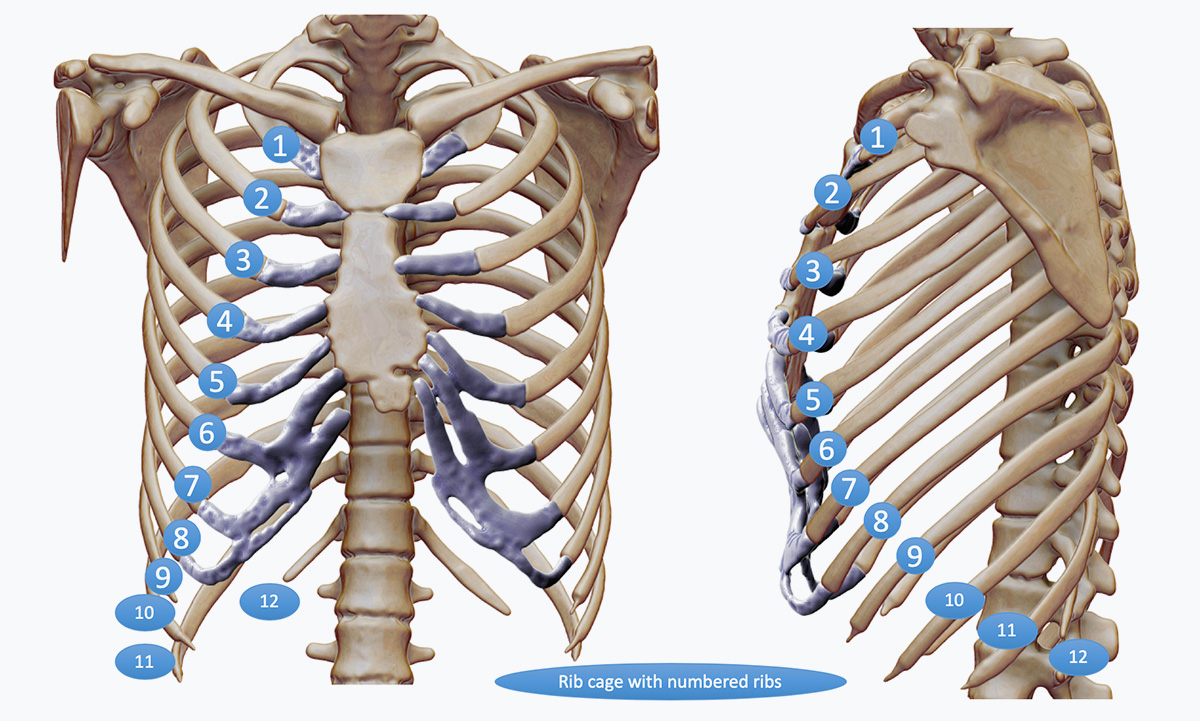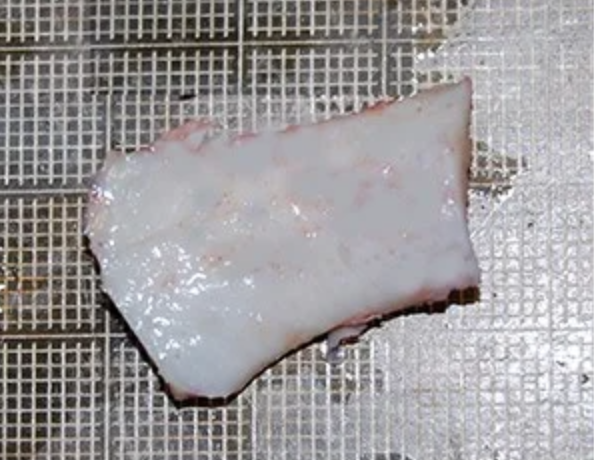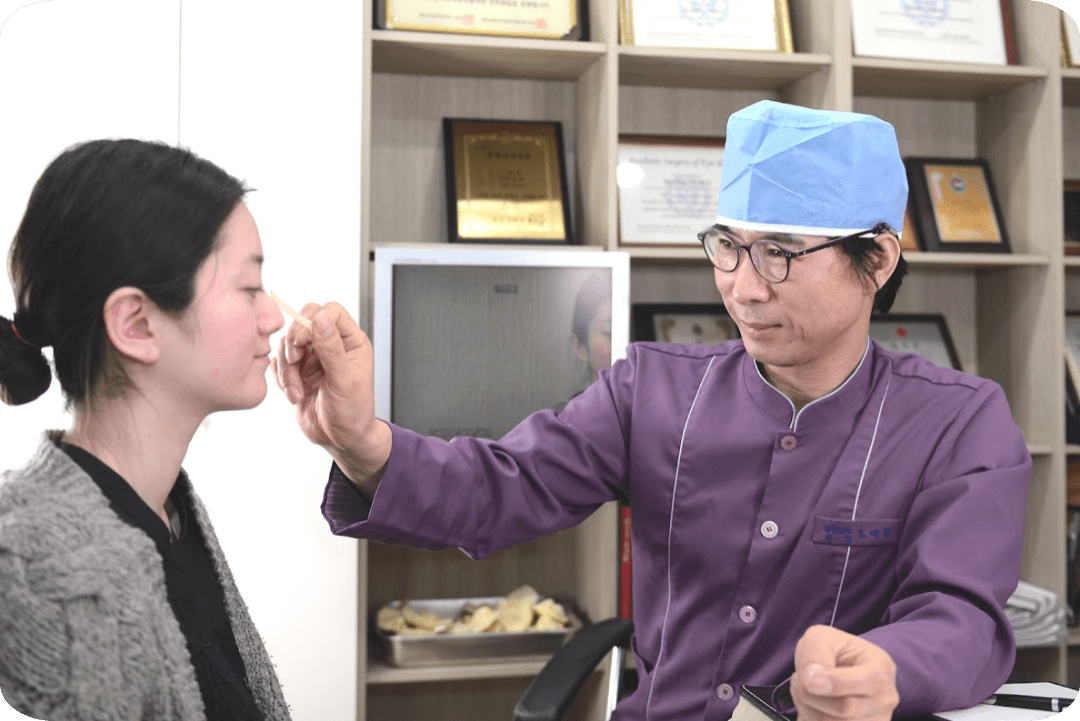KOKO Plastic Surgery Specializing in Korean Nose Surgery & Revision Surgery.
Hello! We are a specialized rhinoplasty hospital aiming to perform safe surgeries with 22 years of accident-free procedures.

WHAT IS NASAL SEPTAL CARTILAGE
If making nasal bridge uses artificial prosthesis, dermis, and other materials, nasal tip uses autologous nasal septal cartilage.
The skin on the tip of the nose is thin and sensitive, so it needs to have a flexible material.
Using an artificial prosthesis on the tip does not only give an unnatural shape and movement, but can cause inflammation in some cases.
However, in revision nasal surgery, the nasal septal cartilage used in the previous surgery often becomes insufficient.
The most commonly used alternative material then is the “autologous” costal cartilage.

Nasal septal cartilage is the best choice, but if it has been used previously, or if the nasal septum is too short or weak then this no longer works.
WHY DOES IT REQUIRE MORE EXPERIENCE
The costal cartilage that is often used as an alternative material requires more experience and know-how than nasal septum.
The reasons are as follow.
First, you need to have a good understanding and experience of the phenomenon of costal cartilage distortion.
Costal cartilage has a slightly curved shape. Therefore, when using this for the tip of the nose, it is necessary to understand the phenomenon and have the know-how/
For example, when harvesting costal cartilage, we need to find the part with the least distortion and collect it. Also check how long it takes to soak in saline solution before it bends, and what to do when actually using it on the tip of the nose. You need a know-how to place it.

Second, to minimize scarring.
If you want to collect autologous material, you will have no choice but to make an incision. This leaves a small scar at the incision site.
By minimizing the width of the incision and collecting the sample, the scar remaining afterwards will also be minimized.
But, this may appear slightly different depending on the thickness of the skin and the location of the costal cartilage, which differs for individuals.
Third, there is a pain management
Using costal cartilage will cause pain during the recovery period. The amount of bleeding makes up the pain degree. Therefore, speeding up the time while minimizing tissue damage and bleeding can also reduce this possibility.
CONCLUSION
Rhinoplasty using costal cartilage is used to create a support for the tip of the nose through a sculpting step. In some cases we use them to create the shape of the tip of the nose instead of using ear cartilage.
Process of sculpting this costal cartilage goes beyond simply shaving it off and using it. It is an aesthetic sensibility that requires experienced medical staff to predict the shape of the nose and consider various aspects while using it. This can be said as an artistic sculpture work that takes effort and a long time.
For this reason, rhinoplasty or revision surgery using costal cartilage is also more expensive than other materials.
Lastly, the costal cartilage is relatively stiff compared to other autologous materials. However, this is an area that we must put the blind spot on in order to achieve the aesthetic perfection of the nose.

In recent years, cosmetic surgery has prioritized safety, so the absence of side effects is an important criteria for cosmetic surgery!
A safe rhinoplasty hospital with 22 years of traditional technology. You are more than welcome to come and receive counseling at KOKO Plastic Surgery Now.
This has been a blog about KOKO Plastic Surgery.
See you in the next post.
Thank you very much!
Instagram: kokopsen
Facebook: KOKO Plastic Surgery
Homepage: KOKO Plastic Surgery